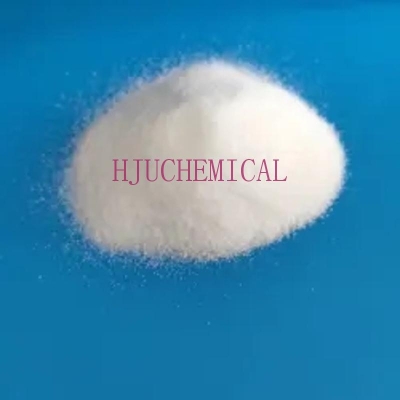-
Categories
-
Pharmaceutical Intermediates
-
Active Pharmaceutical Ingredients
-
Food Additives
- Industrial Coatings
- Agrochemicals
- Dyes and Pigments
- Surfactant
- Flavors and Fragrances
- Chemical Reagents
- Catalyst and Auxiliary
- Natural Products
- Inorganic Chemistry
-
Organic Chemistry
-
Biochemical Engineering
- Analytical Chemistry
-
Cosmetic Ingredient
- Water Treatment Chemical
-
Pharmaceutical Intermediates
Promotion
ECHEMI Mall
Wholesale
Weekly Price
Exhibition
News
-
Trade Service
Investment of up to 10 billion U.S. dollars in Guangdong integrated production base, new innovation park in Shanghai, from shoes to automotive coatings and other fields , "multi-point flowering" ... BASF, the German chemical giant, is an "activist" in the Chinese market. In the face of the global economic slowdown, why is the global chemical giant still investing more in the Chinese market?
"For any company that wants to be a leader in petrochemicals, the Chinese market is a market that must be involved, " Mr. Kodiwen, president and chairman of BASF Greater China, told Xinhua in an interview. From our actual actions, we can see that our layout of China is a long-term
. BASF
s earnings before interest and tax on special items in the first half of this year were about 2.8 billion euros ($1.10) a year earlier, down 35 percent from a year earlier, helped by weaker demand from key customers such as the automotive industry. Despite feeling the chill in the market, BASF's integrated production base project in Guangdong, China, has not slowed down at all.
with a total investment of US$10 billion, this project is BASF's largest overseas investment to date and will be BASF's largest production base in Asia and the first new integrated BASF production base with the latest intelligent technologies.
BASF has deep roots in the Chinese market. In the 1970s, BASF officially began to emerge in the Chinese market, with the first cooperation with PetroChina Jilin Petrochemical Branch, and in the 1980s, BASF became one of the first foreign companies in the chemical industry to set up a joint venture in China.
the 21st century, BASF has further accelerated its development in China. In Shanghai, for example, BASF has been increasing its research and development investment in Shanghai. In 2012, BASF invested 55 million euros to establish the Shanghai Innovation Park, focusing on advanced materials, process engineering and environmental catalysts. In 2016, BASF invested an further 90 million euros in the construction of the Shanghai Innovation Park Phase II project, moving the global headquarters for advanced materials and systems research to Shanghai. In 2019, BASF's new Automotive Application Research and Development Center and Process Catalytic Research and Development Center, located in shanghai Innovation Park, will be operational. Each expansion means BASF moving closer to the Chinese market and into new areas. To date, BASF's Shanghai Innovation Park has invested approximately EUR 180 million and has more than 700 research and development staff. Shanghai Innovation Park is becoming BASF's global and Asia Pacific research and development hub.
addition, in 2018 BASF announced the construction of an integrated production base in Guangdong, and in the same year signed a memorandum of understanding with Sinopec to further expand the scale of the large-scale integrated base in Nanjing.
"China has grown faster than anyone expected in the past few decades. As the world's second largest economy, China accounts for 40% of the global chemical market share and will grow further in the future. Cody admits.
addition to the size and potential of the market, a series of policies adopted by the Chinese government to make the market more open and transparent have also become BASF's "catalyst" for accelerating the layout of China. Thanks to the release of the new Foreign Investment Industry Guidance Directory, BASF's Guangdong Integrated Production Base project became the first large chemical integrated base in China to be independently invested and operated by foreign companies. At the same time, the Foreign Investment Law of the People's Republic of China, which will come into effect on January 1 next year, makes enterprises look forward to deep participation in the Chinese market.







